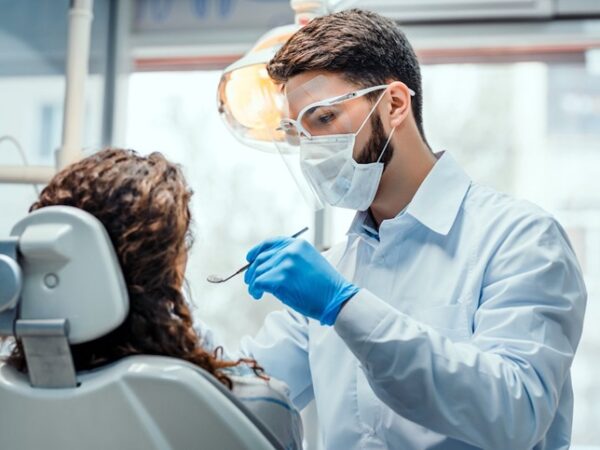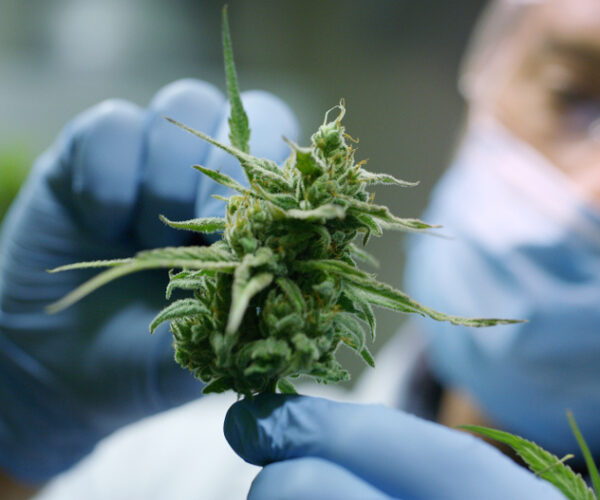Experiencing a sudden dental emergency can be stressful and difficult to tolerate. However, there are some steps you can take to control the situation before visiting an emergency dentist. Firstly, you must evaluate the severity of your dental and oral condition and make the right decision based on your situation. Dental emergencies can occur suddenly and in different situations, and the severity of the emergency can affect other parts of your body. It’s important to identify what type of dental emergency you are experiencing. Are you in severe dental pain? Are you experiencing problematic bleeding? Or has your tooth been knocked out? Each of these issues can be hard to control and tolerate. Therefore, searching for an emergency dentist as soon as possible is essential. Before seeing an emergency dentist, you must assess your dental and oral condition. If your situation is less urgent, you can wait for a regular dentist to see you. However, as an emergency dentist in Toronto says, if your condition is severe, it’s important to seek immediate dental care to avoid further damage or complications. This article outlines all the essential tips you should follow before going to the emergency dental clinic.
Reliving the Pain
– Staying calm & relax when a painful dental problem occurs is the most fundamental consideration that empowers you to manage the condition more effectively. Breathing deeply and drinking a glass of water are good points that can help you to control your stress and anxiety.
– Experiencing dental pain or oral discomfort can be distressing, especially if it’s a sudden dental emergency. Managing the pain before visiting an emergency dentist is crucial to make the appointment more tolerable.
– One of the most common recommendations from dentists is taking over-the-counter pain medications, such as ibuprofen or acetaminophen, to relieve dental pain and oral discomfort. However, it’s important to follow the recommended dosage and not exceed it.
A cold compress on the affected area can also help reduce pain and swelling while waiting for your appointment. It’s essential to avoid consuming hot or cold foods and drinks, as they can increase dental pain. Keeping the painful area clean is also crucial to prevent further infection. Brushing and flossing gently and using a soft-bristled toothbrush can help manage pain without causing further discomfort.

– Rinsing your mouth with warm saltwater can also help reduce dental or oral inflammation and prevent further infection.
– During a dental emergency, it’s important to contact your regular dentist before visiting an emergency dentist. Your regular dentist can provide dental emergency services or extend their working hours to accommodate your situation. Additionally, they may offer contact information for an urgent dentist near your location.
– Regular dentists can also offer specific guidelines on managing your dental emergency before visiting an urgent dentist. They can assess your situation and advise on the best course of action, which might involve taking over-the-counter pain medications, using a cold compress, or other methods to manage pain and discomfort.
– If your regular dentist cannot provide emergency dental services, they can refer you to an urgent dental clinic for immediate treatment. This can help you find a reputable emergency dentist near your location who can provide the necessary treatment.a




